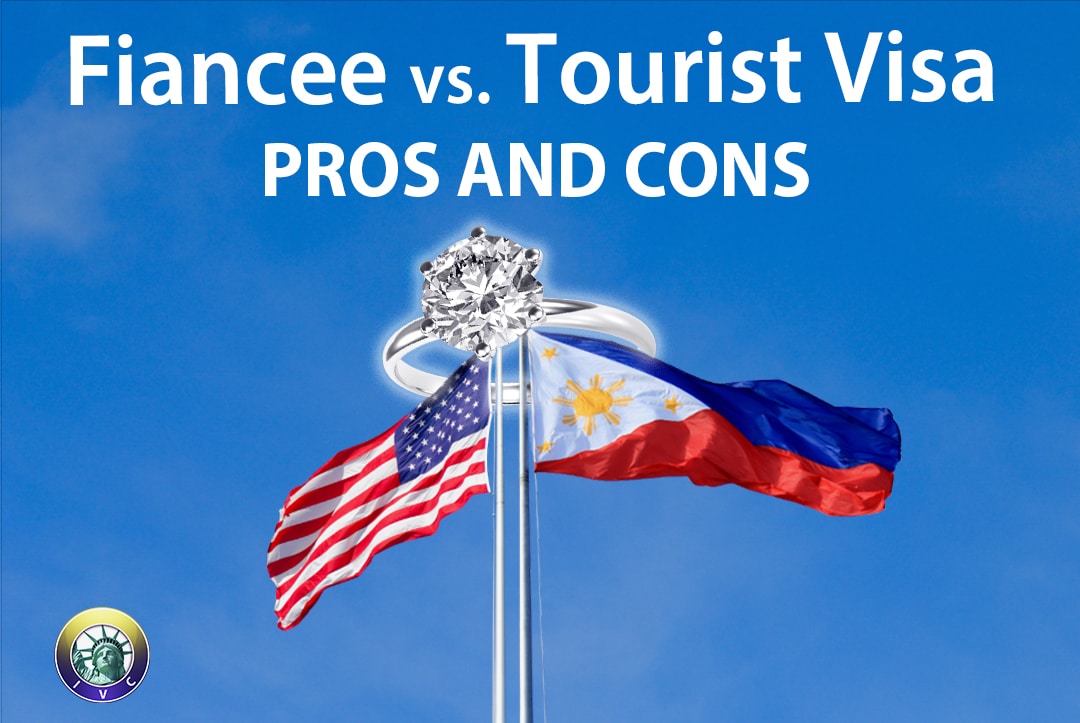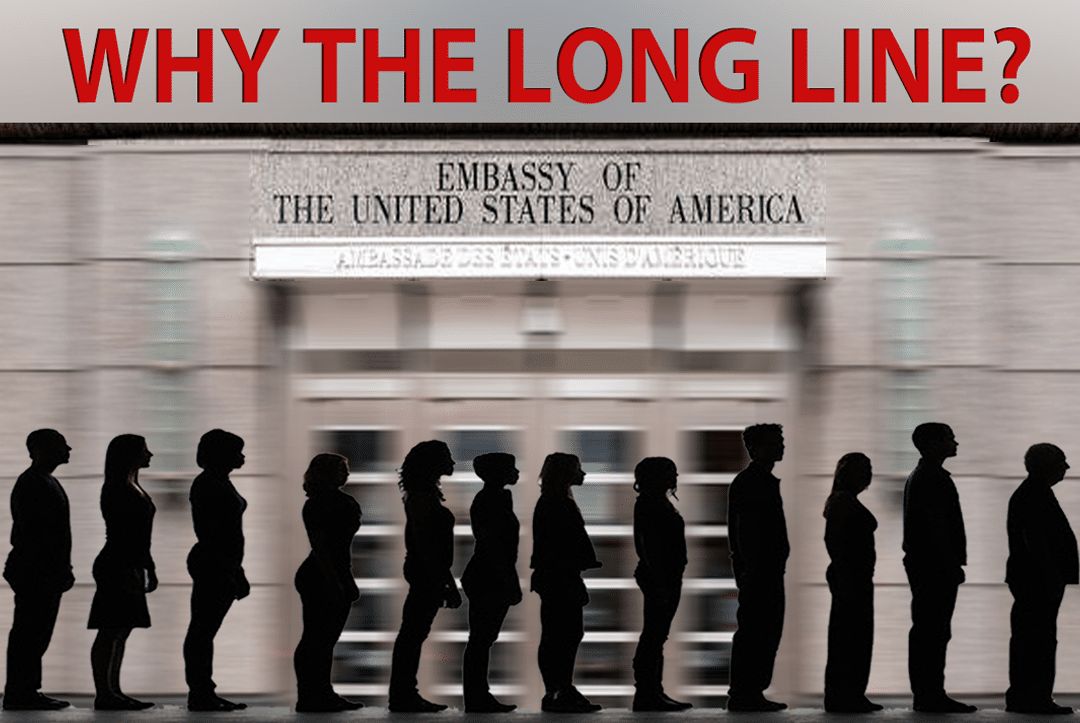“What is the age limit to immigrate? What is the maximum age for immigration to Canada? Can I immigrate to Australia if I am 45 years old? How about to the U.S.?” These are some of the questions we have encountered this year as people rethink their pre-COVID immigration plans.
But, given a chance, would middle-aged people and those “approaching old age” still migrate?
How old is the majority of legal immigrants?
How old is the majority of legal immigrants?
In the U.S., the 16 to over 21 years of age represent the bulk of 2022 legal migrants, mainly along the Family-sponsored categories: 881,437 of the 1,018,349 total, according to the Yearbook of Statistics published by the Department of Homeland Security (DHS).
Canada’s Express Entry year-end report for 2022 shows that most skilled migrants (and their children) are aged 20 to 34. In Australia, where the median age of the Australian population was 38 years in 2021, the median age of permanent migrants was 37 years, according to the Australian Bureau of Statistics, or ABS.
The United Nations Department of Economic and Social Affairs, or UN DESA, reports that in the middle of 2020, 12% of the 281 million international migrants were over 65. This number reported by UN DESA includes asylum applicants and people 65 years or older displaced by conflicts.
Get a FREE assessment for skilled immigrationIs there a skilled immigration age limit?
Is there an age limit for skilled immigration to Australia? Australia’s Department of Home Affairs and Immigration New Zealand might bar middle-aged skilled workers from applying for skilled immigration because the cut-off for most skilled migrants in Australia is below 45. In New Zealand, it is 55.
Canada does not impose an age limit for skilled immigration. However, the migration points for age decrease each year that a candidate goes beyond 35. So, a 46-year-old applicant will get one migration point for age, whereas a 47-year-old will get 0.
U.K. Visas and Immigration of the U.K.’s Home Office has not set a skilled immigration age limit. However, the UK government does not allow Skilled Workers to apply for a State Pension, so applicants 65 years or older may have more difficulty applying for their visa.
Is there an age limit to immigrate for parents?
What is the age limit to immigrate for parents?
In the U.S., there is no age limit to immigrate for parents. However, only U.S. citizens can petition their foreign-born parents for immigration. On the other hand, a Canadian citizen or permanent resident can sponsor a foreign-born parent and grandparent. However, with the long queue, many opt to apply for a Parent or Grandparent Super Visa instead of waiting for their permanent resident visa.
Your son or daughter who is a settled Australian citizen, permanent resident, or eligible New Zealand citizen may also sponsor you for permanent residence in Australia. You must, however, meet the balance-of-family test to be considered eligible by Australia’s Department of Home Affairs. Like Canada, Australia has a Sponsored Parent (Temporary) visa category. If you qualify for this visa, you may visit Australia for up to five years.
If New Zealand is your preference, your adult New Zealand citizen or resident sons or daughters may sponsor you jointly with their partner for the Parent Resident Visa.
And finally, you may apply for a U.K. parent visa to care for your child under 18. Another category is if you need long-term care from a grandchild, son, or daughter living permanently in the U.K. as a British or Irish citizen or with protected status. In that case, you should consider applying as an adult to be cared for by a relative.
Can over 65 people still immigrate?
Yes, IF they (and their sponsors) meet the eligibility requirements for the visa they are applying for, including the age limit for parents.
In our experience, though, parents over 65 are not likely to join their sons/daughters as permanent residents. As visitors, yes, but not immigrant-sponsored. After all, most older adults have an established and strong network of friends and family members or substantial financial assets in their home countries that they refuse to leave.
“Anong gagawin ko pa diyan sa Amerika (or some other country)?” is the common comment: “Mag-aalaga ng apo? Bantay-bahay?
For them, remaining in their country of birth is already a foregone conclusion.







